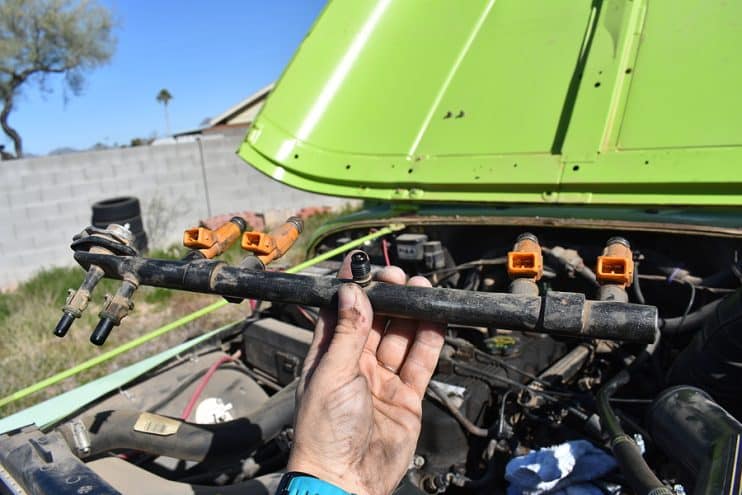
Rough idling, engine misfires, performance issues, or check engine light flashing? You could have a clogged or failing fuel injector. A dirty fuel injector can affect your car’s performance, but it doesn’t always need to be replaced. Sometimes a good cleaning can solve any issues, at least temporarily.
We’ll take you through the warning signs of a dirty fuel injector, help you to work out whether you need to clean or replace yours, and give you an idea of how much it costs to replace a fuel injector.
Table of contents:
- What are the main signs of a failing fuel injector?
- What is a fuel injector, and what does it do?
- Clean or replace?
- How much does it cost to replace a fuel injector?
What are the main signs of a failing fuel injector?
Here are some common signs of a clogged or failing fuel injector:
Check engine light flashing: One of the most common signs of a problem with your fuel injector is the check engine light flashing or blinking. A failing fuel injector triggers an electrical signal to warn the driver.
Your engine is misfiring: If one or more of your fuel injectors are not functioning correctly, it can cause the engine to misfire or hesitate, especially during acceleration. This reduces fuel efficiency and results in a loss of power.
Rough idling: A clogged or failing fuel injector can cause your engine to have a rough or inconsistent idle. You might notice an increase in stalling too.
A change in fuel economy: You may notice that you’re spending more or less on fuel, as a faulty fuel injector may be sending too much or too little fuel to the engine.
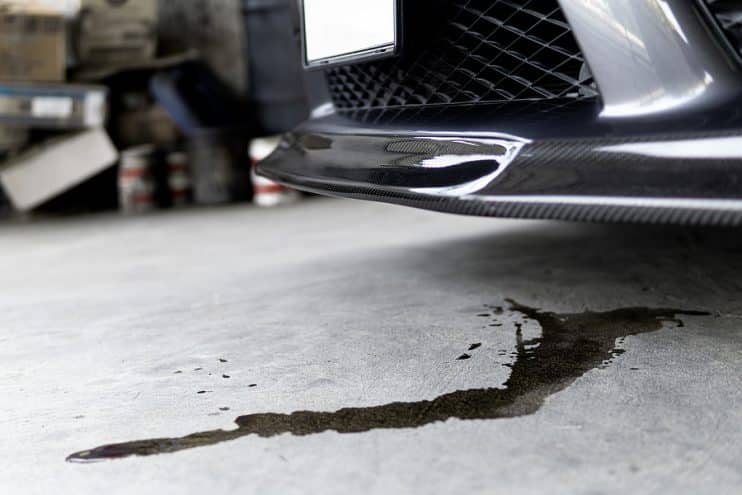
Bad fuel odour or fuel leak: A faulty injector can result in a fuel leak into the engine compartment, with an unpleasant smell likely to be noticed when you’re on the road. You may also see a fuel leak in your engine bay.
Engine performance issues: A failing fuel injector can cause the engine to run poorly or lose power. You might notice an increase in hard starts or have difficulty starting up your engine.
Failed emission test: Most vehicles have their exhaust emissions tested as part of their routine MOT. If your car fails the test, it could indicate that your fuel injector is firing too much or too little fuel into the engine, resulting in increased emissions.
If you notice any of these signs, you should have your vehicle inspected by a qualified mechanic as soon as possible. Ignoring a clogged or failing fuel injector can lead to more serious engine damage and potentially costly repairs.
What is a fuel injector, and what does it do?
A fuel injector is an electronic device that injects pressurised fuel into the combustion chamber of an internal combustion engine, ensuring optimum combustion and performance. The fuel injector delivers the right amount of fuel to the engine.
Fuel injectors are commonly used in petrol and diesel engines and have largely replaced carburetors. The precise control they offer over the amount of fuel delivered to the engine helps to improve fuel efficiency and reduce emissions.
Clean or replace?
If you’re not sure whether your fuel injector system needs a good cleaning or if you need to replace it, here are some factors to consider:
- Age and condition – if the injectors are old or worn out, a clean may not be enough to restore performance and could do more damage. Severe clogging may mean they need to be replaced anyway.
- Costs – cleaning fuel injectors is cheaper than replacing them. However, cleaning may not solve the problem if they are severely damaged, and you may have spent unnecessary money cleaning them up when they actually need to be replaced.
- Fuel system – some fuel systems are more susceptible to dirt and clogging and may need more frequent cleaning.
Ideally, you should have your vehicle’s fuel injectors cleaned and inspected as part of your routine maintenance, as this can help stop problems from arising.
Fuel injector cleaning should usually be done by a trained or experienced mechanic, as improper cleaning can cause more damage. If clogging is mild to moderate, your mechanic may recommend adding a cleaning solution to the fuel tank. They may also recommend removing the fuel injectors for a manual clean if clogging is severe.
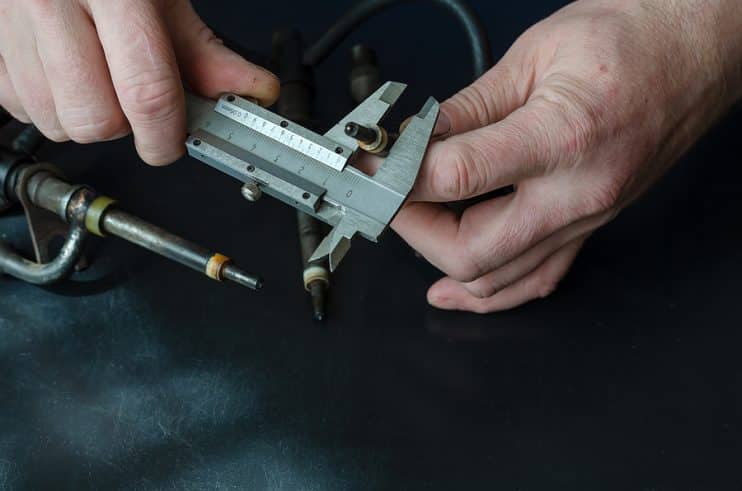
How much does it cost to replace a fuel injector?
The cost of replacing a fuel injector can vary, depending on your vehicle’s make and model, whereabouts in the UK you live, whether you need to replace one injector or all of them, and whether you’re confident enough to replace it yourself. Expect to pay around £90 to £190 depending on your vehicle’s make, although some replacement fuel injectors can cost a lot more than this.
Removing and replacing a fuel injector can be a fiddly process, so it’s only worth attempting if you’re confident in knowing your way around an engine. In addition, tracking down new or used fuel injectors at breaker yards may be time-consuming, so it’s worth shopping around online.


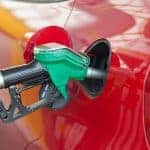

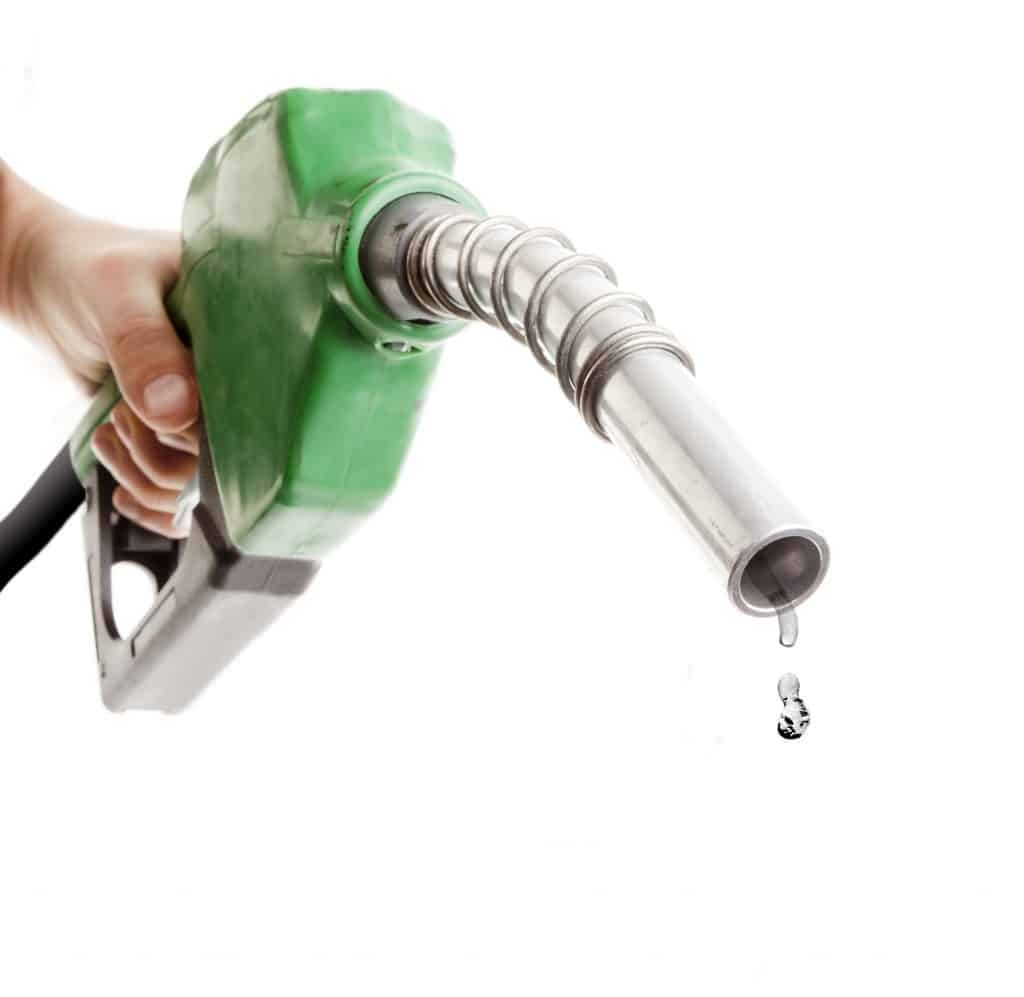

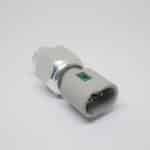

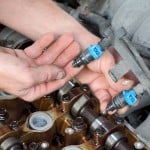

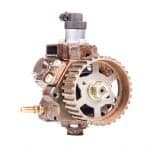
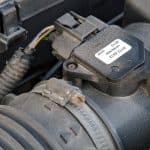
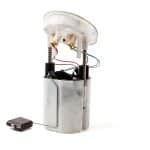
.png)